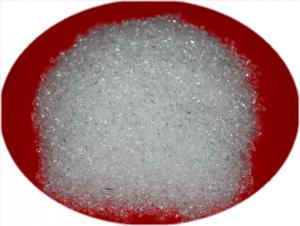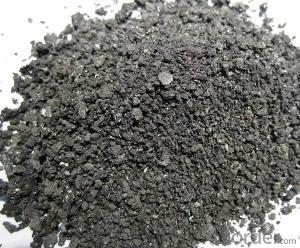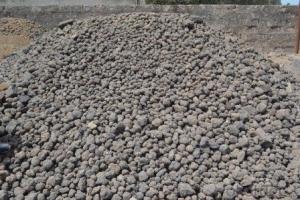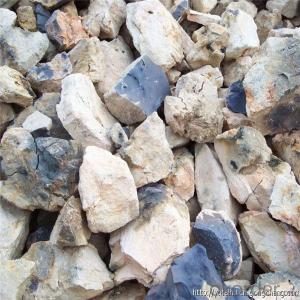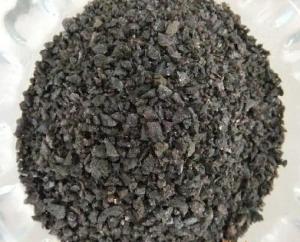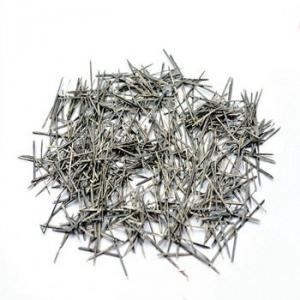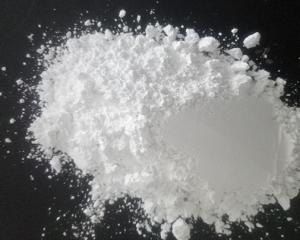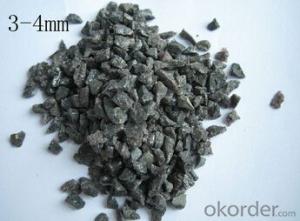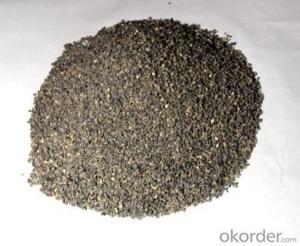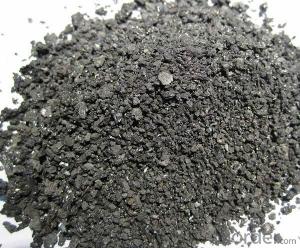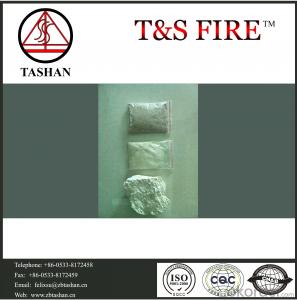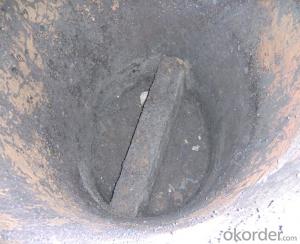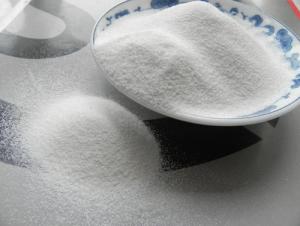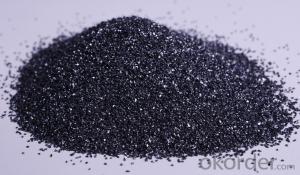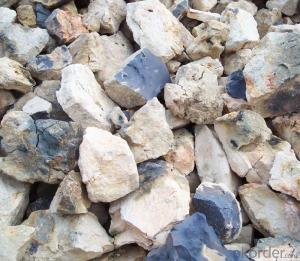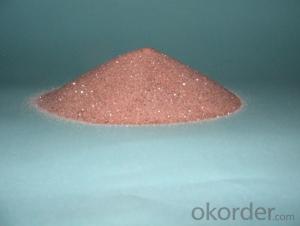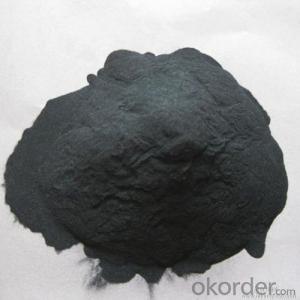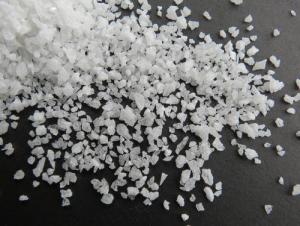All Categories
- - Steel Wire Rod
- - Steel Coils
- - Steel Profiles
- - Steel Pipes
- - Stainless Steel
- - Tinplate
- - Special Steel
- - Steel Sheets
- - Steel Rebars
- - Steel Strips
- - Hot Rolled Steel
- - Cold Rolled Steel
- - Pre-painted Steel
- - Seamless Steel Pipe
- - Welded Steel Pipe
- - Hollow Steel Tubes
- - Galvanized Pipe
- - Stainless Steel Coil
- - Stainless Steel Sheet
- - Stainless Steel Plate
- - Stainless Steel Strips
- - Electrolytic Tinplate Coil
- - Electrolytic Tinplate Sheet
- - Stainless Steel Rebars
- - Solar Panels
- - Solar Water Heater
- - Solar Related Products
- - Solar Inverter
- - Solar Cells
- - Solar Light
- - Solar Energy Systems
- - Solar Controllers
- - Solar Mounting System
- - Solar Pump
- - Solar Chargers
- - Fiberglass Chopped Strand
- - Fiberglass Mesh Cloth
- - Composite Pipes
- - FRP Pultrusion Profiles
- - Fiberglass Mat Tissue
- - Fiberglass Fabrics
- - Fiberglass Mesh
- - Composite Tank
- - Fiberglass Mesh tape
- - Polymer
- - FRP Roofing Panel
- - Fiberglass Roving
- - Monolithic Refractories
- - Ceramic Fiber Products
- - Refractory Bricks
- - Raw Materials For Refractory
- - Suspended Platform
- - Cranes
- - Concrete Machinery
- - Earthmoving Machinery
- - Building Hoist
- - Road Building Machinery
- - Plastic Pipe Fittings
- - Plastic Tubes
- - Plastic Sheets
- - Agricultural Plastic Products
- - Plastic Nets
Q & A
How are refractories used in the construction and maintenance of glass melting furnaces?
Refractories are used in the construction and maintenance of glass melting furnaces because they have high heat resistance and can withstand the extreme temperatures necessary for melting glass. They line the furnace walls, roof, and floor to protect the structural components from the intense heat and prevent heat loss. Refractories also help to reduce contamination and maintain the desired temperature inside the furnace, ensuring efficient and reliable glass production.
What is the difference between acidic and basic refractories?
Acidic refractories are primarily made of materials that have a high silica content, such as silica, alumina, and zirconia. They have a higher resistance to acidic materials and are commonly used in industries where they come into contact with acidic substances like glass, ceramics, and non-ferrous metals.
On the other hand, basic refractories are made of materials with a high magnesium oxide or calcium oxide content, such as magnesia, dolomite, and chrome-magnesia. They have a higher resistance to basic materials and are commonly used in industries where they come into contact with basic substances like steelmaking, cement, and lime kilns.
Overall, the main difference between acidic and basic refractories lies in the composition of materials and their resistance to acidic or basic environments.
How is fire clay extracted and processed for refractory production?
Fire clay is extracted through surface mining or underground mining methods. In surface mining, the topsoil is removed to access the clay deposit, which is then extracted using heavy machinery. In underground mining, tunnels are created to reach the clay deposit, which is then extracted using drilling and blasting techniques.
Once the fire clay is extracted, it undergoes a series of processing steps for refractory production. The clay is crushed and ground into a fine powder to remove impurities and increase its plasticity. It is then mixed with water to form a clay slurry, which is further refined through sedimentation or filtration processes to remove any remaining impurities.
After purification, the clay is shaped into desired forms, such as bricks, tiles, or blocks, through techniques like extrusion or molding. These formed clay products are then dried to remove moisture and heated at high temperatures in kilns to enhance their strength and refractory properties.
The final step involves quality control checks to ensure the refractory products meet the required specifications. This may include testing for properties like density, porosity, thermal conductivity, and chemical resistance.
Overall, the extraction and processing of fire clay for refractory production involve various stages to obtain a high-quality material with excellent heat resistance and durability.
What are the refractory raw materials used in lining incinerators?
The refractory raw materials commonly used in lining incinerators include fireclay, high alumina bricks, silicon carbide, and castables. These materials are chosen for their high heat resistance, durability, and ability to withstand corrosive environments.
Wholesale Raw Materials For Refractory from supplier in India
With a strong focus on customer satisfaction, we strive to provide top-quality raw materials for refractory applications. Our product portfolio includes a wide range of materials such as magnesia, alumina, silica, graphite, and various additives. We ensure that our products meet the highest industry standards and are sourced from reliable suppliers.
Our experienced team is dedicated to understanding your specific requirements and providing customized solutions that meet your project's needs. From initial inquiries to after-sales support, we are committed to delivering excellent service and building long-term relationships with our clients.
As a subsidiary of CNBM, we have access to a vast global network of suppliers, ensuring a stable and reliable supply chain. Our strong financial background and industry expertise allow us to offer competitive pricing without compromising on quality.
Whether you are involved in steelmaking, glass manufacturing, cement production, or any other refractory application, we have the expertise and resources to provide the right raw materials for your project. Contact us today to discuss your requirements and let us be your trusted partner for raw materials for refractory in India.
Our experienced team is dedicated to understanding your specific requirements and providing customized solutions that meet your project's needs. From initial inquiries to after-sales support, we are committed to delivering excellent service and building long-term relationships with our clients.
As a subsidiary of CNBM, we have access to a vast global network of suppliers, ensuring a stable and reliable supply chain. Our strong financial background and industry expertise allow us to offer competitive pricing without compromising on quality.
Whether you are involved in steelmaking, glass manufacturing, cement production, or any other refractory application, we have the expertise and resources to provide the right raw materials for your project. Contact us today to discuss your requirements and let us be your trusted partner for raw materials for refractory in India.
Hot Search
- Monolithic Refractories in Guyana
- Ceramic Fiber Products in Niger
- Refractory Bricks in Ukraine
- Raw Materials For Refractory in Malaysia
- Refractory Bricks in Senegal
- Raw Materials For Refractory in Papua New Guinea
- Refractory Bricks in Zambia
- Raw Materials For Refractory in Guatemala
- Refractory Bricks in Armenia
- Refractory Bricks in Ireland
